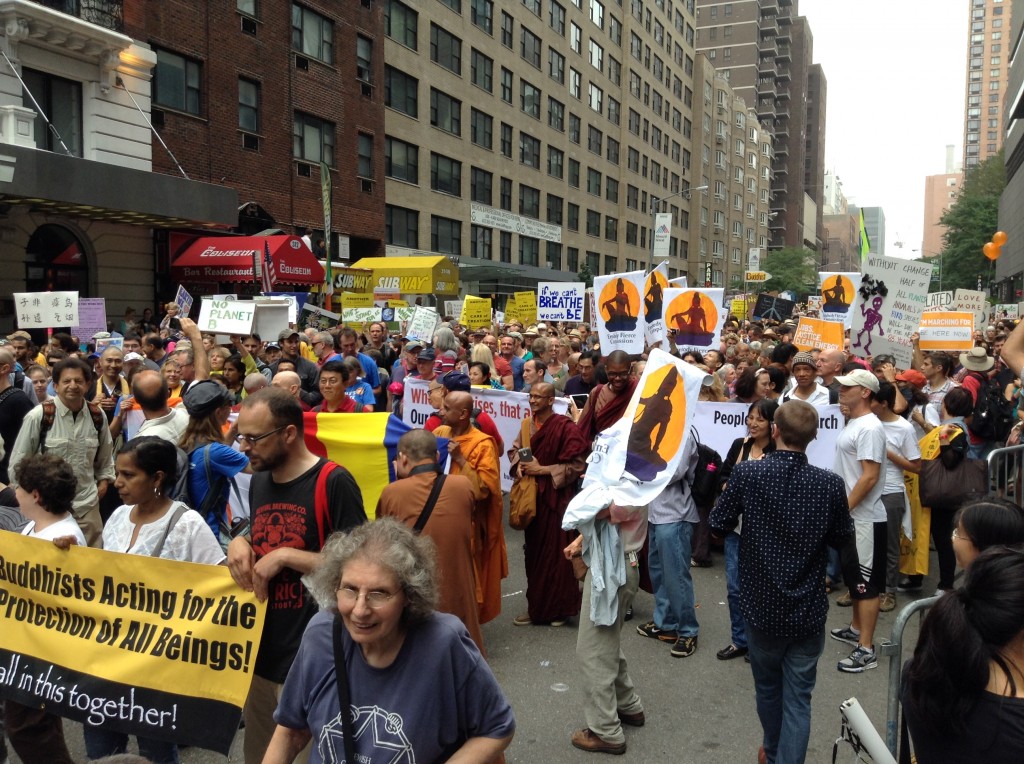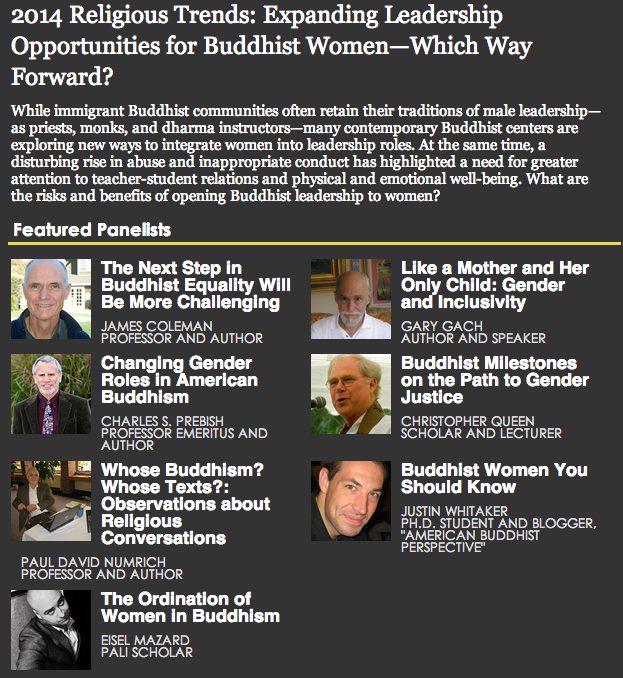
I had a lot of thoughts about Arthur Brooks’ recent op-ed in the pages of the New York Times about His Holiness the Dalai Lama’s recent visit to his free market think-tank the American Enterprise Institute (AEI). Fortunately, Tricycle: The Buddhist Review‘s editorial assistant Max Zahn had some too, and composed his more eloquently and helpfully than I would have been able to do with mine. It’s an awesome piece.
Here’s a snippet:
By reducing Washington politics to a series of petty conflicts between stubborn individuals, Brooks avoids outlining the contours of his own ideology. He disguises free market capitalism as a natural way of being—as the proverbial invisible hand devoid of first principles, which stands in contrast with the fraught ideological morass of Washington. In so doing, he does not have to address the concentration of wealth and influence, which inevitably rise up from an unregulated market to clog national politics. Finding himself in a less-than-robust post-recession era of capitalism that features historic levels of inequality and the steady degradation of the planet, Brooks does what many of his market-beholden counterparts on Wall Street have done: he plays dumb.
This sleight of hand should come as no surprise from an adept salesman like Brooks. The shocking kicker, though, is that Brooks appropriates the Dalai Lama and Buddhism as New Age window dressing. It’s a libertarian politics perfectly crafted for our happiness-obsessed cultural moment. Paraphrasing the Dalai Lama, Brooks celebrates his assertion that “the secret to human flourishing is the development of every individual.” To buttress the point, he quotes a statement from His Holiness at AEI’s panel, during which the monk wondered, “Where does a happy world start? From government? No. From United Nations? No. From individual.” It takes only a short inferential leap to link Buddhism and free market capitalism at the nexus of personal responsibility. Dragging Buddhism across that divide, Brooks presents a Western flavor of the religion that deemphasizes sangha and hallows self-improvement.
I recommend that you read Max’s whole post, and you can do that here.











